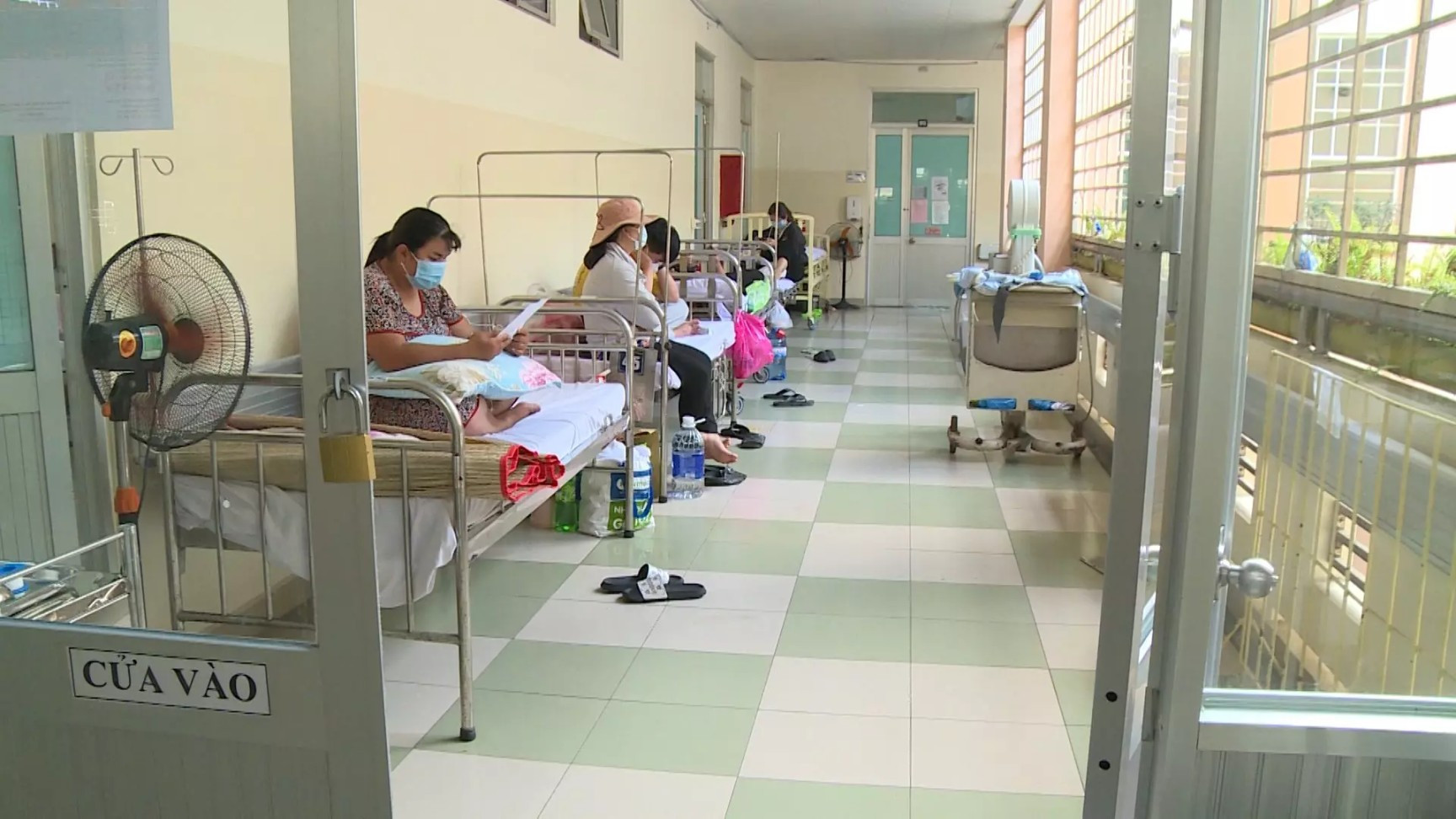
The HCM City Hospital for Tropical Diseases is assigned to treat infectious cases in general with 550 beds but up to 739 dengue cases are being treated, including many severe ones.
In fact, severe dengue cases can be treated at provincial hospitals but due to the lack of high-molecular solution, patients are transferred to central hospitals in HCM City.
“We can handle it now, but I am not sure about the future, when the dengue epidemic reaches its peak in several more months,” said the hospital’s director Nguyen Thanh Dung.
The HCM City Children’s Hospital is in similar situation. According to deputy director Nguyen Minh Tien, the hospital has examined 4,500 child dengue patients and nearly 2,000 inpatients so far this year.
Most recently, three dengue patients from Cu Chi General Hospital died after they were transferred to Cho Ray Hospital.
The HCM City Health Department organized a meeting to assess the case and concluded that Cu Chi’s doctors need professional training and consultation from end-line hospitals so that they can treat patients at the hospital instead of transferring patients to other hospitals.
One of the biggest problems in dengue treatment is the lack of Dextran. Doctors now have to prescribe HES 130 instead of Dextran, though it is less effective.
A representative of the Drug Administration of Vietnam said the agency is trying to buy Dextran, but hospitals have to wait six to nine months to get deliveries, because Otsuka in Thailand, the manufacturer, doesn’t have products available.
The good news is that Otsuka Vietnam is preparing documents to make registration for circulation of Dextran 40 in July 2022 and it will produce Dextran at its plant in Dong Nai.
If so, Vietnam can control the supply of Dextran instead of relying on Otsuka Thailand as the only source of supply.
Linh Giao